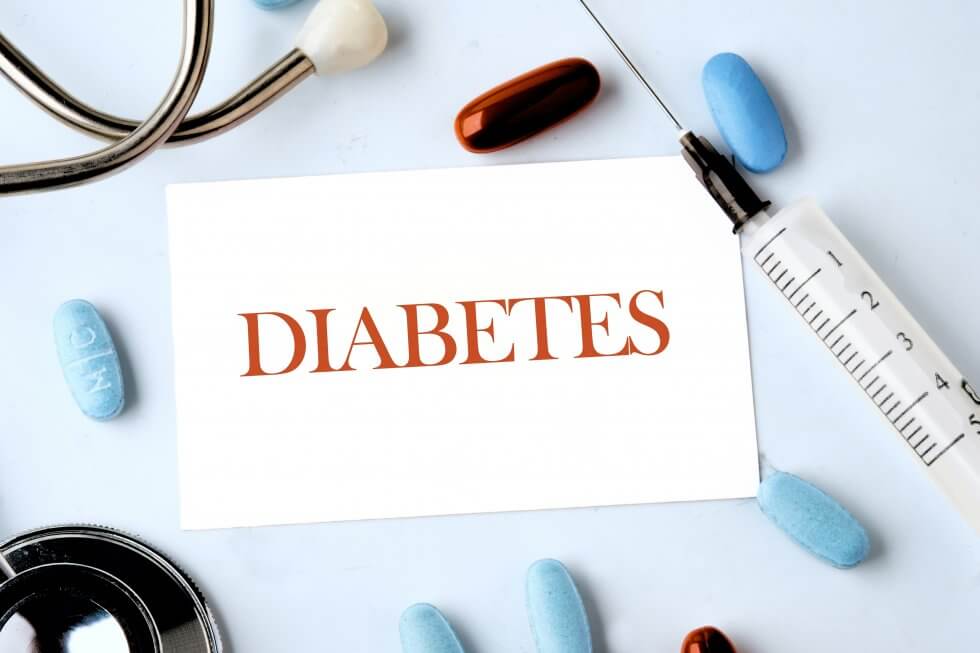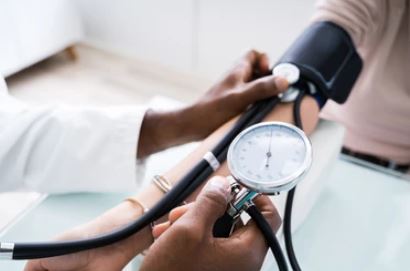
High blood pressure (hypertension) is very common. Although it doesn’t often come with symptoms, knowing you have high blood pressure could prevent life-threatening complications like heart attack and stroke.
Blood pressure and hypertension explained
Blood pressure is the pressure of blood in your arteries. Your arteries are the vessels (tubes) that carry blood from your heart to your brain and the rest of your body. You need a certain amount of pressure to get the blood moving around your body.
Your blood pressure naturally goes up and down throughout the day and night, and it’s normal for it to go up while you’re moving about. It’s when your overall blood pressure is always high, even when you are resting, that you need to do something about it.
Blood pressure is measured using two numbers:
• Systolic pressure: this is the higher of the two numbers. It’s the pressure against your arteries when your heart is pumping blood around your body.
• Diastolic pressure: this is the lower of the two numbers. It shows how much pressure is in your arteries when your heart relaxes between beats.
The medical term for high blood pressure is ‘hypertension’, and it means your blood pressure is always too high. This means your heart is working harder when pumping blood around your body.
Risks of high blood pressure
High blood pressure is a serious condition.
Your arteries are normally stretchy, so they can cope with your blood pressure going up and down. But with high blood pressure, your arteries lose their stretchiness, becoming stiff or narrow.
This narrowing makes it easier for fatty material (atheroma) to build up. This narrowing and damage to the arteries lining your heart or brain could trigger a life-threatening heart attack or stroke.
If left untreated, high blood pressure can also lead to complications such as:
• kidney failure
• heart failure
• problems with your sight
• vascular dementia.Causes of high blood pressure
In most cases, there isn’t a specific reason for the cause of high blood pressure, but most people develop it because of their diet, lifestyle or medical condition.
You might be more at risk if you:
• are over the age of 65
• have someone in your family with high blood pressure
• are someone who smokes
• drink too much alcohol
• eat too much salt and not enough fruit and vegetables
• don’t get enough exercise
• are overweight, especially around your mid-section.
People living in deprived areas are also at higher risk of having high blood pressure, as well as people who are of black African or black Caribbean descent. Changes in your diet and increasing activity levels will help improve your blood pressure.
For some people, a cause of high blood pressure is found. This is known as ‘secondary hypertension’.
Examples of secondary hypertension include:
• kidney disease
• diabetes
• a condition called obstructive sleep apnoea, which can lead to disturbed sleep
• some medicines, such as oral contraceptives
• some over-the-counter and herbal medicines.
If you are worried that any medicine or remedy might affect your blood pressure, ask your doctor or pharmacist about it.Symptoms of high blood pressure
Most people don’t know they have high blood pressure because there aren’t obvious symptoms. That’s why it’s so important to get your blood pressure checked regularly.
Rarely, it can cause symptoms like blurred vision, headaches and nosebleeds.
• Take additional readings at home using a 24-hour monitor that checks your blood pressure throughout the day (called ambulatory blood pressure monitoring, or ABPM).
• Record additional readings at home using your own blood pressure monitor (called home blood pressure monitoring, or HBPM). You can also ask your GP practice if they are part of any schemes where you can loan a blood pressure monitor from them.
If you’ve been asked to monitor your blood pressure at home, your GP will ask you to check your blood pressure over several days. This can include taking a series of recordings (at least two), twice a day, in the morning and evening.
By looking at all your blood pressure readings over a few days, your GP can work out what your ‘average’ blood pressure is.In some cases, your GP might want to run other tests as well. For instance, they might want to do blood tests to check your cholesterol levels and kidney function, or check your heart rhythm with a test called an electrocardiogram (ECG).
Treating high blood pressure
How your high blood pressure is managed depends on a range of things, such as your health goals and the stage of your condition. The healthcare team at your GP practice will help you create a plan to reduce your blood pressure.
By making lifestyle changes, you can lower your blood pressure and keep it at a healthy level. Recent evidence shows that tackling obesity and staying active are especially important. You’ll feel the benefits right away with improved sleep, more energy, and a better mood. This useful tool developed by the NHS helps you make a plan that you can discuss with your GP.
If your blood pressure is high or very high, your GP will usually offer you medicines on top of lifestyle changes.When you should check your blood pressure
If you’re a healthy adult aged 40 to 74, it’s a good idea to get your blood pressure checked every five years (during an NHS Health Check if in England or Wales). If you’re near the threshold for high blood pressure, your healthcare team may ask to monitor you more often.If your blood pressure is well controlled, you’ll normally be monitored yearly, along with reviewing any medication you take. When you start new medications or have dose changes to existing ones, your blood pressure will need to be checked more than once a year.
Check with your healthcare team how often to measure your blood pressure at home if you have your own monitor. Try keeping a diary of your readings – this will help your healthcare team spot patterns, and it might be motivating to see how your blood pressure improve over time.
Reference: British Heart Foundation
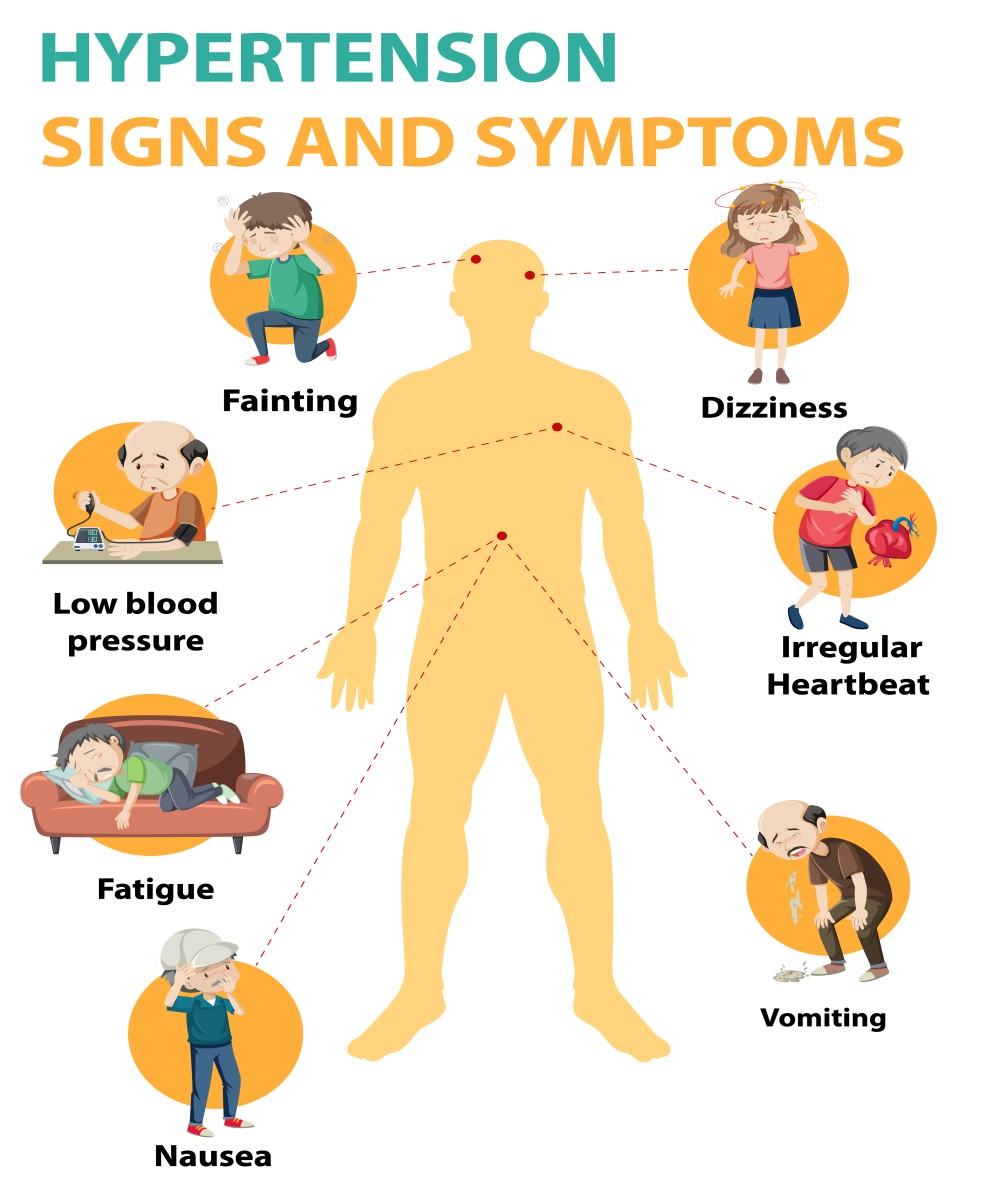
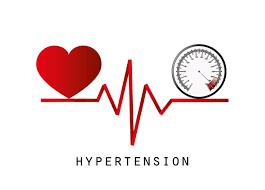
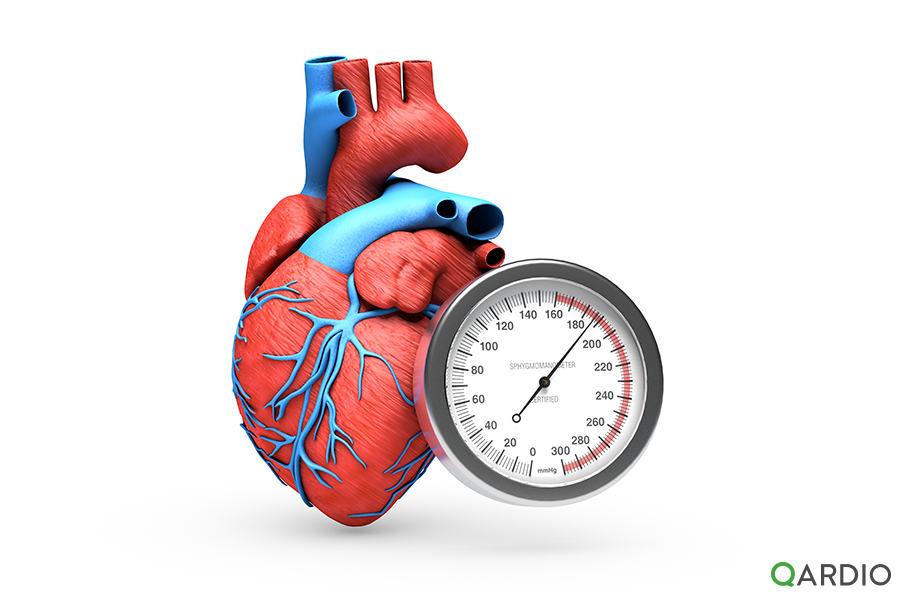
Post a comment Cancel reply
Related Posts
What is Diabetes?
Lorem ipsum dolor sit amet, consectetur adipiscing elit. Ut elit tellus, luctus nec ullamcorper mattis,…


